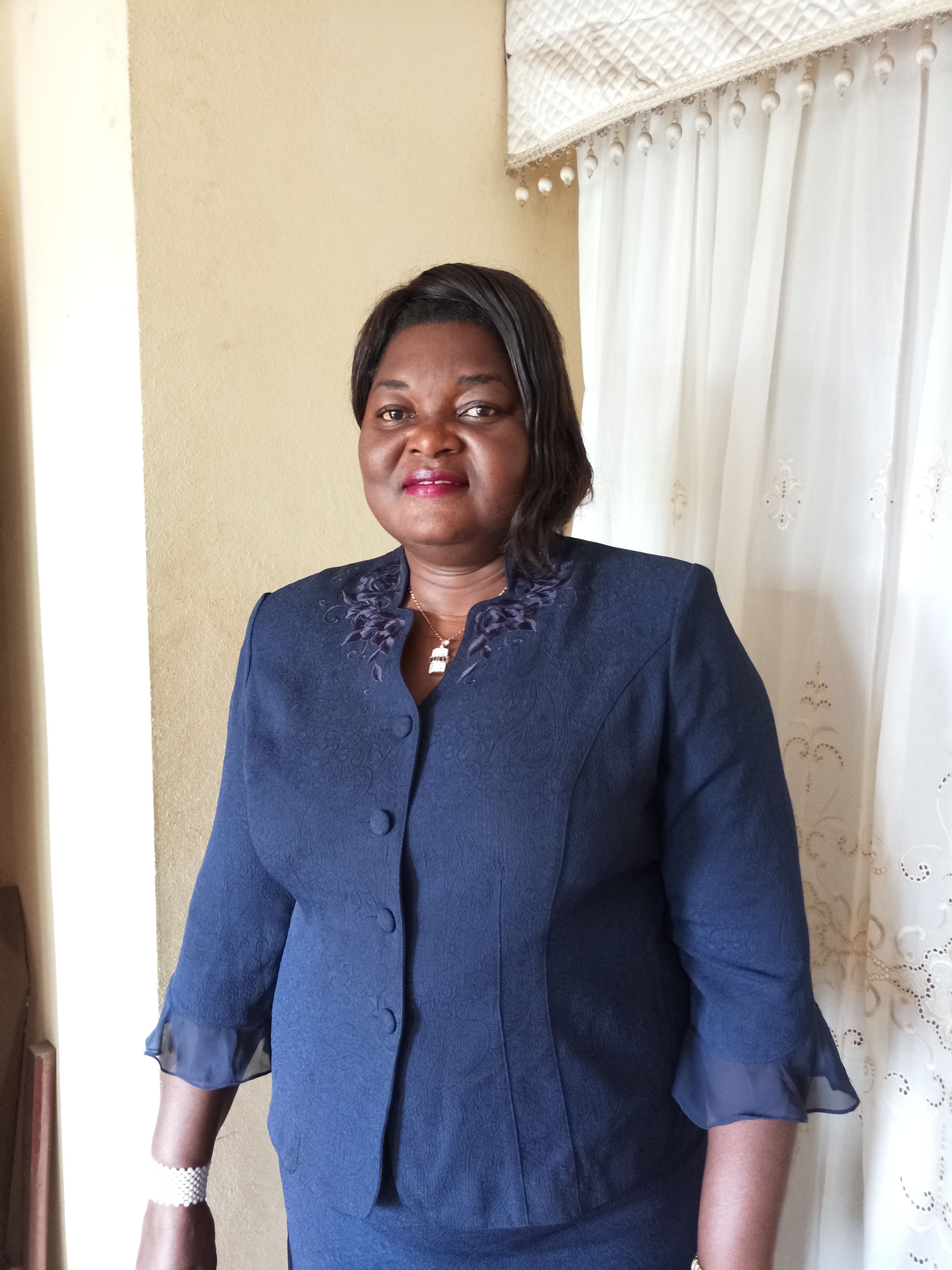
PhD in Special Education, University of Buea, Cameroon I have been teaching for 30years, 17 as a primary school teacher and 13 as a teacher trainer. Considering the number of years I taught in the basic education sector I have an understanding of the characteristics and needs of the learners which have helped me greatly in the training of teachers. I also have a mastery of the pedagogic principles and processes that could be used in teaching young learners. With the experience stated above, I was able to develop an assessment instrument to test visual discrimination deficit in struggling readers and came up with a curriculum and instructional strategies that greatly influenced their reading performance positively. From my recent research works I have published four academic articles on reading disabilities.
Accommodating dyslexics in inclusive classrooms and its impact on their reading performance Sub-Saharan African countries including Cameroon lack instructional technology. This resource limitation renders the accommodation of special needs learners in an inclusive classroom a challenging experience in Cameroon. Inclusive classrooms usually comprise learners with diverse needs and expectations, with teachers expected to provide the necessary support to facilitate learning in school. Observation from the field reveals that reading is usually taught using the class reader with little or no instructional materials nor accommodation of performance. Teachers ask pupils to read passages without ensuring mastery of the sounds of the letters and combining the sounds to form words. Learner’s evaluation relied on the same criteria rather than on the specific learning needs of individual learner. The short duration of flashing cards, frustrated dyslexics and affected their academic performances negatively This study presents strategies for the accommodation of dyslexics in inclusive classrooms lacking instructional technology. It also proposes instructional materials that address the challenges associated with reading for dyslexics. It further examines performance evaluation for dyslexics and characterizes the perception of the difficulty by struggling readers. An investigation of the effect of virtual discrimination training on the recognition of items among struggling readers revealed that dyslexics are willing and capable of learning to read. It also demonstrated that all 24 participants required repeated instruction (remediation), the display of instructional materials and extra time to practice reading. Also, 17 of the 24 participants required teachers to write the content on the board and guide them through model reading. Teachers interviews indicate struggling readers are only identified when called to read because of the absence of alternative instruments to assess the reading ability of learners. They held that the provision of class readers by parents or schools will help improve the reading ability of learners. Teachers recommended learning the letters of alphabet, the sounds and blending the sounds of the letters by pupils to improve reading ability. The interviews suggest that teachers focus on the content instead of the instructional strategies, the materials and the accommodation of performance. This study recommends teaching through a participatory approach that enables learners to participate in producing instructional materials, to work at their pace and eventually learn to read. Conclusively, providing accommodation for dyslexics can be challenging but rewarding to the learner, the family, the educational system and the community.
1 To share and learn more strategies on how to accommodate special needs learners in an inclusive classroom. 2 To collaborate and network with other professionals and researchers on how to provide basic education to all the learners in class. 3 To broaden my knowledge on the pedagogy of inclusion